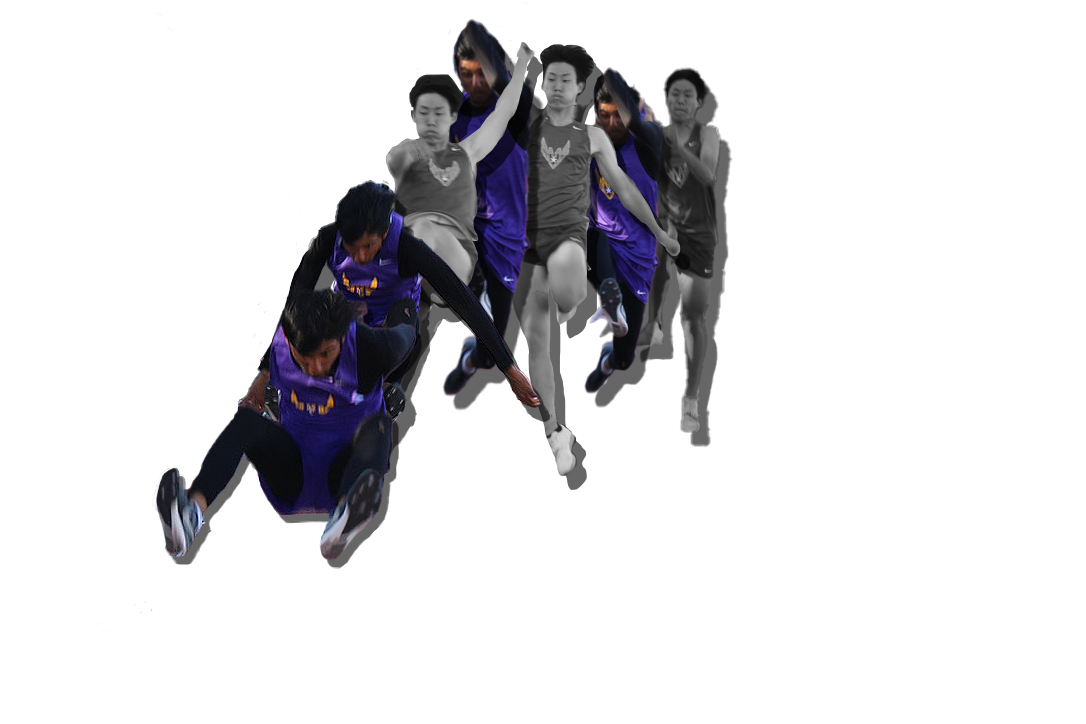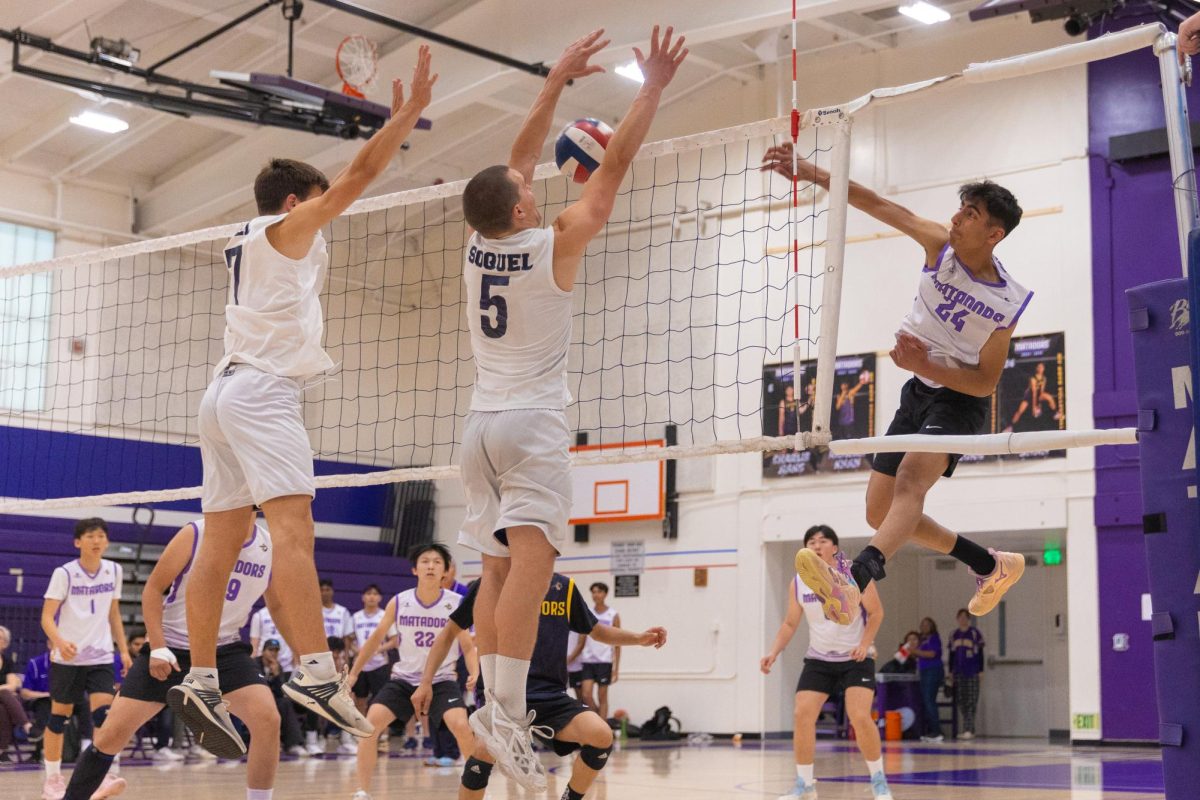Freshman Kara Wong’s favorite part about being on the MVHS dance team is its culture — she says all the dancers, regardless of whether they are upperclassmen or underclassmen, interact with each other. Wong notes that attending the same school as her teammates, in contrast to her experiences on a studio dance team, allows for a deeper connection within the team.
“Everyone can relate to each other because we all have similar lifestyles,” Wong said. “Our team culture isn’t fake, and everyone understands everyone, so it’s really easy to communicate with my teammates.”
The tight-knit culture of the dance team and interactions between grades have allowed Wong to receive valuable advice from not only her coaches but older teammates as well. She notes that this advice has changed the way she competes at dance competitions and brings her a more fulfilling experience. 
“The best advice I’ve received was from my captain,” Wong said. “She told me to be in the moment and not think too far ahead about the outcome and just think about the best I can do. I used to think about the outcome and winning titles more than my execution. But now I think about the execution rather than the outcome, which has made my performance better. I’ve learned to not count on winning something to bring me happiness.”
Similarly, sophomore Agasthya Kothuri, who has participated on the varsity track and field team for two years, has also experienced a form of mentorship through his friendship with junior Darren Lin, who is a varsity jumper on the track and field team. After joining the team his freshman year late because his participation on the MVHS soccer team overlapped with the beginning of the track and field season, Kothuri recalls being encouraged by Lin to participate in the triple jump and long jump after initially being unsure about what events he wanted to join. Since then, Lin has guided Kothuri through practices and competitions.
“I didn’t know any of the logistical things about track,” Kothuri said. “So it was such a hard thing to participate in track without messing things up. Darren guided me through how to warm up before meets and encouraged me to be on time to practice, to do my drills properly and to not goof off during practice.”
The most impactful lesson Kothuri has learned from Lin has been discipline, which is something that he admires in Lin. To him, discipline means coming to practice with a clear goal in mind and focusing on achieving that goal without getting distracted. He recalls being inspired by Lin’s consistency in attending practices — both mandatory and optional ones — despite Lin juggling a difficult course load.
Through countless practices, Lin has helped Kothuri work on his form while jumping, particularly in Kothuri’s second phase of the triple jump, also known as the “step” phase, in order to help him cover more distance in that phase. The moment Kothuri set a personal record in the triple jump at the 2024 Santa Clara Valley Athletic League Championships and, according to Lin, “finally fixed his form,” was an impactful moment for Lin. Despite the two jumpers competing against each other during track and field meets, Lin has not experienced any conflict between mentoring Kothuri and competing against him, mentioning that he “doesn’t take it personally” if Kothuri jumps farther than him. 
Similarly to Kothuri, Wong has also found that having many upperclassmen mentors has motivated her to want to keep dancing through all four years of high school. Having many supportive upperclassmen on her team has inspired her to one day take on the role of a mentor when she becomes a junior.
“A lot of the juniors have been very open to me and I feel like that’s really helpful because I get to learn about the team and also about the people,” Wong said. “They already know a lot about dance, so I hope that when I’m a junior or senior, I can do that too, so people my age can have the same experiences.”
Kothuri, Lin and Wong all agree that the relationship between an athlete and their mentor is far less formal than an athlete and coach dynamic, and Kothuri notes that his relationship with Lin feels more like a friendship. Lin believes that athletes’ relationships with older students generally have a better connection than with coaches, partially because students feel less pressure to listen to older students than their coach, and subsequently have more freedom. Ultimately, mentoring Kothuri has become a way Lin finds fulfillment in his sport beyond just his own performance.
“I try to help Agasthya improve because the sport isn’t just about getting better yourself,” Lin said. “It’s also about seeing other people ardound you also achieve what they want to achieve.”










